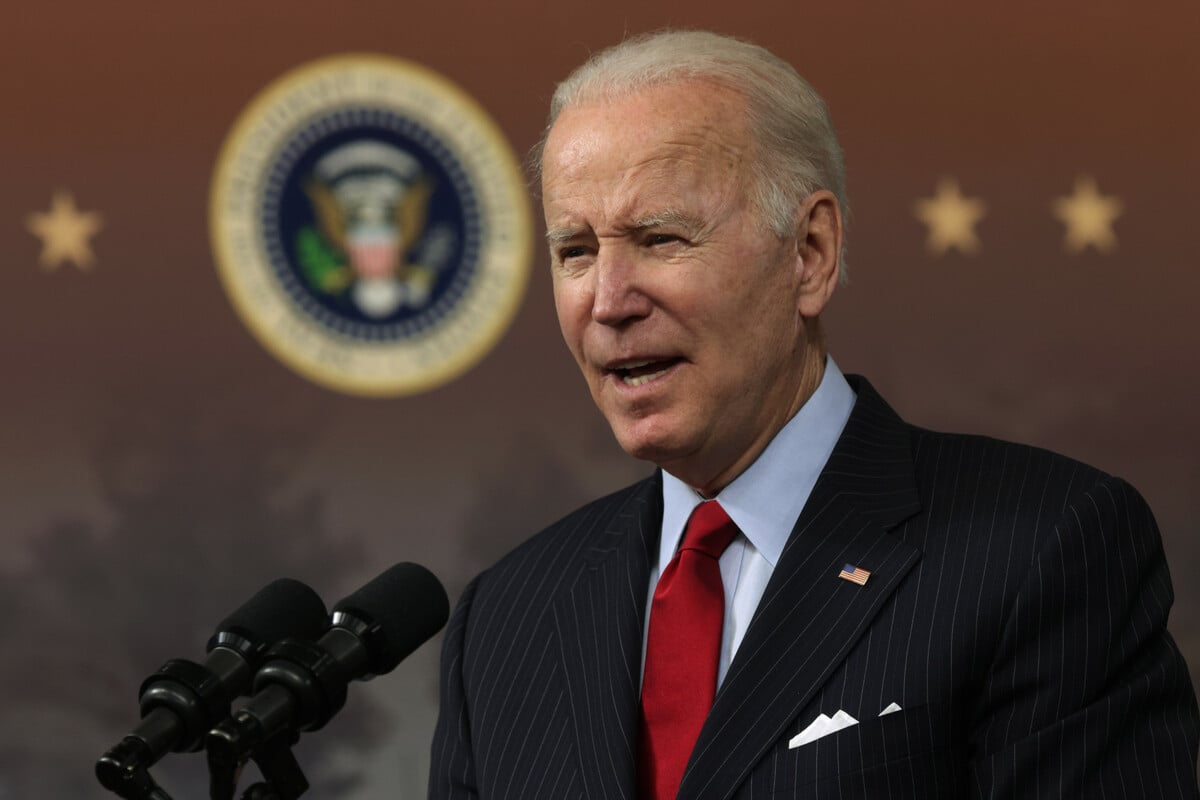Gas prices rises after Russia cuts German supply
Gas prices in Europe increased by 9%. Nord Stream 1 pipeline has...

Biden will change the GOP position on public safety in light of the Mar-a-Lago response
While the White House officially touts falling gas costs, officials privately worry that prices may climb once more as they continue to hunt for methods to increase the supply of oil.
The White House took advantage of the recent decline in petrol prices to under $4 on average to praise President Joe Biden’s response to record-high oil prices and refute Republican accusations that he was to blame for the initial price increase.
Although many of the factors that contributed to the early summer price jump, such as limited refinery capacity and uncertainty surrounding Russia’s war in Ukraine, are still present, oil dealers, industry executives, and former administration officials warn that prices may easily climb again. Industry experts claim that the White House has had little effect on the recent drop in prices, blaming instead the Federal Reserve’s interest rate hikes, concerns about a potential recession, a slight decline in consumer demand as a result of earlier high prices, and an increase in global production.
With increased interest rate hikes, the Federal Reserve is currently the key domestic factor influencing oil prices. According to Daniel Yergin, vice chairman of S&P Global and author of “The New Map: Energy, Climate, and the Clash of Nations,” the danger of a recession is unquestionably present in the oil market.
Administration officials have cited a Treasury Department analysis showing that Biden’s decision to release 180 million barrels of oil from the Strategic Petroleum Reserves contributed between 13 and 31 cents to the drop in gas prices since their highs in June. with similar releases by other nations contributing up to an additional 11 cents to the decline.
However, according to industry experts, there is no evidence that Biden’s other initiatives, such as publicly criticising oil and gas corporations for their record profits, convening an urgent conference with CEOs, or threatening to revoke unused drilling permits, have had any impact on pricing or production. Oil production has increased, but at a rate that is comparable to what was anticipated prior to Russia’s invasion of Ukraine.
“We can’t really think of any policy that has benefited the situation that we can point to. “Don’t make it worse,” was the CEOs’ main message when they visited with White House officials over the past three months, according to Geoff Moody, vice president for government affairs for the American Fuel and Petrochemical Manufacturers. There were other actions they could have taken but chose not to do that would have significantly worsened the situation. Therefore, if they want to claim credit for anything, I would say it is by refraining from meddling.
Catch all the Business News, Breaking News Event and Latest News Updates on The BOL News
Download The BOL News App to get the Daily News Update & Live News.